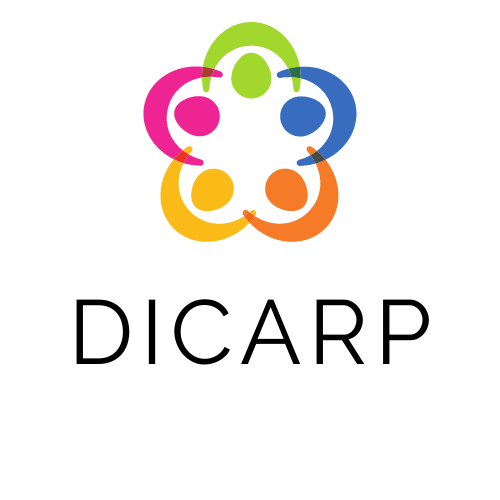Towards Disability-Inclusive Climate Action Webinar Blog Post
As part of New York Climate Week, the Centre of Human Rights and Legal Pluralism and the Canada Research Chair in Human Rights and the Environment held an event entitled Towards Disability-Inclusive Climate Action. It featured a panel of outstanding guest speakers from around the world:
Stefan Trömel, International Labour Organization (Switzerland) - Persons with disabilities in a just transition to a low-carbon economy
Pratima Gurung, Indigenous Persons with Disabilities Global Network & National Indigenous Disabled Women Association of Nepal - Indigenous Women with Disabilities in the Context of the Climate Crisis
Setareki Macanawai, Pacific Disability Forum, Indigenous Persons with Disabilities Global Network (Fiji) - The Impacts of Climate Change for Persons with Disabilities
Carlos Kaiser, ONG Inclusiva (Chile) - Lessons Learned from Disability Inclusion in Disaster Risk Readiness
Sébastien Jodoin, McGill University - A Disability Rights Approach to Climate Change
The talk was chaired by Dr. Yolanda Muñoz (McGill University) and included opening remarks by Marcie Roth (World Institute on Disability) and closing remarks by Elham Youssefian (International Disability Alliance). The event served to launch McGill’s Disability-Inclusive Climate Action Research Program and promote the work of the Thematic Group on Disaster Risk Reduction and Climate Action established by the Stakeholder Group of Persons with Disabilities.
The discussion was filled with excellent and thought-provoking stories, reflections, and expressions of support. The panelists and participants emphasized the pressing need for “radical inclusion” of people with disabilities (PWDs) in every decision-making context, particularly concerning measures in adapting to climate change due its disproportionately harmful effects on PWDs. The speakers discussed not only the projects and groups they are each working with diligently, but also provided words of sobering reality (such as the lack of cognizance in multilateral agreements of the issues PWDs face, exacerbated by climate displacement, gender inequalities, and human rights violations) and motivating truths (we must act “glocally”—thinking globally and acting locally, and we must continue to be resilient and forward-thinking in every avenue, including the development of good jobs for everyone in the transition to a green economy).
The excellent guest turnout resulted in a wide array of compelling questions that the speakers collaborated in answering. Questions covered topics such as the possibility of increasing employment opportunities for PWDs in the shifting economic context, the relevance of and need for Indigenous perspectives around the world, advancing intersectional approaches, and the prioritization in advocacy of the lack of freshwater supplies. It was emphasized throughout the talk that PWDs have their own unique perspectives and ways of knowing the world which, having been excluded from mainstream decision-making and discussions, has led to a society-wide hindrance. It is only with fervent resolution and action by people with and without disabilities that we as a society can overcome and thrive.
The Disability-Inclusive Climate Action Research Program want to whole-heartedly thank all of our speakers, hosts, guests, and contributors. DICARP and its partners truly believe these sorts of collaborative initiatives will lead to greater global equity and empathy and radical proactive inclusion for the most marginalized communities. Thanks are due to the McGill Sustainability Systems Initiative for supporting this event.
For a play-by-play of the webinar, check out our Twitter feed! (#ClimateWeekNYC, #disability, #disability inclusion, #Indigenous, #climatecrisis)
To catch up on the conversation, you can view the webinar linked here and the transcript linked here.
